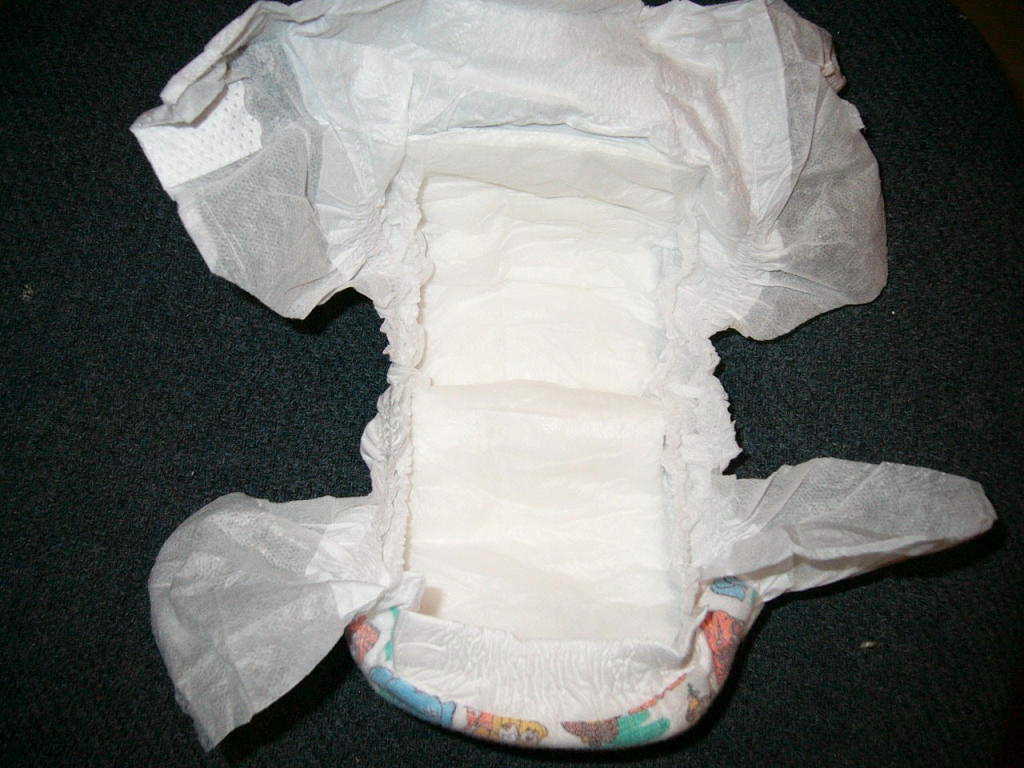Coming home with a new adopted child is challenging, joyful, scary as heck, exhausting and miraculous all wrapped up in love. You want to be prepared and realistic about feelings that might come out of the craziness and turn life upside down for a period of time. I’m so excited to have my first guest blogger, Kari Potthoff share some great adoption tips to help soothe the homecoming jitters. She shares honestly and with a big dose of reality with helpful advice to support adoption homecomings…
Welcome Home Adoption:
There are nine families on their way home this weekend from Kenya with their beautiful new children from Rwanda. It has been interesting watching their travels as they had a rather different experience then us. Something I have been meaning to blog about is the often not discussed issue of  homecoming. Regardless of how easy or difficult a family’s time in country obtaining their child is they will experience bumps when they get home. Yes, it is easier for some then others depending on so many factors; the age of the child, the number of children adopted, gender, health, personality, prior quality of care, the children already home and the family’s level of preparation prior to travel. There is something called post-adoption depression and I think it is more common then adoptive parents (mainly mothers because they usually are the primary caretakers upon arrival home), want to admit. But the reality is that after 12 months of completing paperwork and background checks and saving and fundraising that homecoming is often not the wonderful, peaceful experience that one might have hoped it to be. A good social worker will educate adoptive parents about this but often no matter how prepared they are it is still dang hard.
homecoming. Regardless of how easy or difficult a family’s time in country obtaining their child is they will experience bumps when they get home. Yes, it is easier for some then others depending on so many factors; the age of the child, the number of children adopted, gender, health, personality, prior quality of care, the children already home and the family’s level of preparation prior to travel. There is something called post-adoption depression and I think it is more common then adoptive parents (mainly mothers because they usually are the primary caretakers upon arrival home), want to admit. But the reality is that after 12 months of completing paperwork and background checks and saving and fundraising that homecoming is often not the wonderful, peaceful experience that one might have hoped it to be. A good social worker will educate adoptive parents about this but often no matter how prepared they are it is still dang hard.
At minimum after arriving home the family will be exhausted and jet lagged. Often the adopted kidos may sleep unusually well and not show any problematic behaviors for the first few weeks. But after they recover their energy and get settled the most challenging period of adjustment begins. Again this varies greatly, some families may not have any issues. For sure though if they have welcomed a child over the age of 2 years into their home they are going to have to work through some behaviors and difficult adjustment at times. There are also specific medical issues that need to be dealt with when a child is adopted from Africa such as parasites, GI issues, and malnutrition. If a child has lived in a orphanage for a extended time (more then 6 months) then they probably are going to have developmental delays as well.
So basically what I am saying is that the first few months home are a critical period for the new family and they will need the support and understanding of their family, friends, coworkers and community. At this same time parents will need time to focus on what is called “attachment parenting”. If extended family and friends do not understand what that means their can be tension during visits and the relationship between the adoptive family and child can be compromised. Here are some basic recommendations that I am providing to family, friends, coworkers, church members, neighbors, anyone who wants to help a family who has just arrived home with a internationally adopted child (I think it is a bit different for domestic or foster/adopt but you may be able to relate). Some of these we have received and others I wish we would have. I will say though, that it was interesting to me the differences in how people responded to the birth of our son, versus the adoption of our daughter, and then the adoption of our second son. I will let you decide what I might mean by that.
- First and foremost treat everything about the adoption as you would have if the family had given birth. Hold a baby shower, make welcome signs, send them balloons (avoid latex as they are serious choking hazards) or flowers. If you send a gift, wrap it in baby paper or appropriate paper for a older child. This is a time to celebrate the same that you would if the child was a newborn birth child. This may vary by age of the adopted child, but I think that ALL children deserve to be celebrated and I know that the parents would really appreciate the thought. It is a once in a lifetime experience.
- Also really important is to ask them what they need help with, you might be surprised.
- Offer to drop off or pick them up at the airport (airport parking is very expensive)
- Stock their fridge and cupboards just before they get home, you have no idea how good a diet coke (no diet pop their) and fresh vegetables (can’t eat fresh vegetables) taste after being in Africa.
- Bring them a hot meal the first night home, even better deliver a hot meal every night for the first week home.
- Clean their house for them or hire someone to do it just before they come home, have it done again a few weeks later (when things really start to get tough).
- Offer to babysit any other children in the home so that they can get some much needed attention and parents can have some one on one with the new one/s.
- Offer to give rides to older children who may need to get to activities.
- If it is winter go shovel their driveway and sidewalks.
- Offer to run errands for the family or to go to the store (Having to take my screaming toddler to the store, and having everyone stare at me has been one of my worst post adoption experiences)
- Simply lend a open ear, encourage the new mom to be open and honest about her feelings and needs. Take her out for a break, a cup of coffee or a nice lunch.
- This one is REALLY important so I am leaving it for last: During any visits that happen in the first few months be respectful of the adoptive parents wishes regarding feeding, holding, and comforting the child. A child who has lived in a orphanage has passed through the hands of MANY caregivers and it is crucial that they learn to go to their new parents as the sole primary caregivers in the beginning. It would not have been normal for our oldest son to jump on the lap of a complete stranger at the age of 2 years and as hard as it is to understand you are a stranger to this child. So just ask the parents what the “rules” are. It may vary by household and how involved you are with the family. My personal preference for this issue is fairly conservative, I did not want anyone else holding, comforting or feeding my adopted kids for the first two months home. Especially for my son since we went through a period of him rejecting having a mommy. For a toddler in particular, if the parent has taken something away from the kido and they start screaming it would not be o.k. for a different person to then confuse the child by comforting him or her. You see what I mean, this can be complicated so if you are not sure just ask.

That certainly is not a extensive list of how to help but I think this got long enough. Any questions? Feel free to leave a comment and I will do my best to answer.
Kari Neubauer Potthoff, PhD
Licensed School Psychologist
Licensed Marriage and Family Therapist
MY CRAZY TALK: Please share your crazy homecoming stories. Did you feel support or lost when you came home? What is one helpful thing your family or friends did to make your adoption homecoming special or feel supported? If you have not had your homecoming yet, share with us what you think you might need from your community of adoption cheerleaders.
 we still give Zoie a bottle of milk for a good-night nip and snuggling in the morning. It’s hard to explain, but when Zoie was in the orphanage, her bottle was a sense of comfort and our bonding time with her as new parents. I have started telling her lately she has to give up the bottle when she turns 4. Her response was so sweet “Ok, Mama!”
we still give Zoie a bottle of milk for a good-night nip and snuggling in the morning. It’s hard to explain, but when Zoie was in the orphanage, her bottle was a sense of comfort and our bonding time with her as new parents. I have started telling her lately she has to give up the bottle when she turns 4. Her response was so sweet “Ok, Mama!”













 homecoming. Regardless of how easy or difficult a family’s time in country obtaining their child is they will experience bumps when they get home. Yes, it is easier for some then others depending on so many factors; the age of the child, the number of children adopted, gender, health, personality, prior quality of care, the children already home and the family’s level of preparation prior to travel. There is something called post-adoption depression and I think it is more common then adoptive parents (mainly mothers because they usually are the primary caretakers upon arrival home), want to admit. But the reality is that after 12 months of completing paperwork and background checks and saving and fundraising that homecoming is often not the wonderful, peaceful experience that one might have hoped it to be. A good social worker will educate adoptive parents about this but often no matter how prepared they are it is still dang hard.
homecoming. Regardless of how easy or difficult a family’s time in country obtaining their child is they will experience bumps when they get home. Yes, it is easier for some then others depending on so many factors; the age of the child, the number of children adopted, gender, health, personality, prior quality of care, the children already home and the family’s level of preparation prior to travel. There is something called post-adoption depression and I think it is more common then adoptive parents (mainly mothers because they usually are the primary caretakers upon arrival home), want to admit. But the reality is that after 12 months of completing paperwork and background checks and saving and fundraising that homecoming is often not the wonderful, peaceful experience that one might have hoped it to be. A good social worker will educate adoptive parents about this but often no matter how prepared they are it is still dang hard.



 Sneek Peek- Simply Love China
Sneek Peek- Simply Love China
















